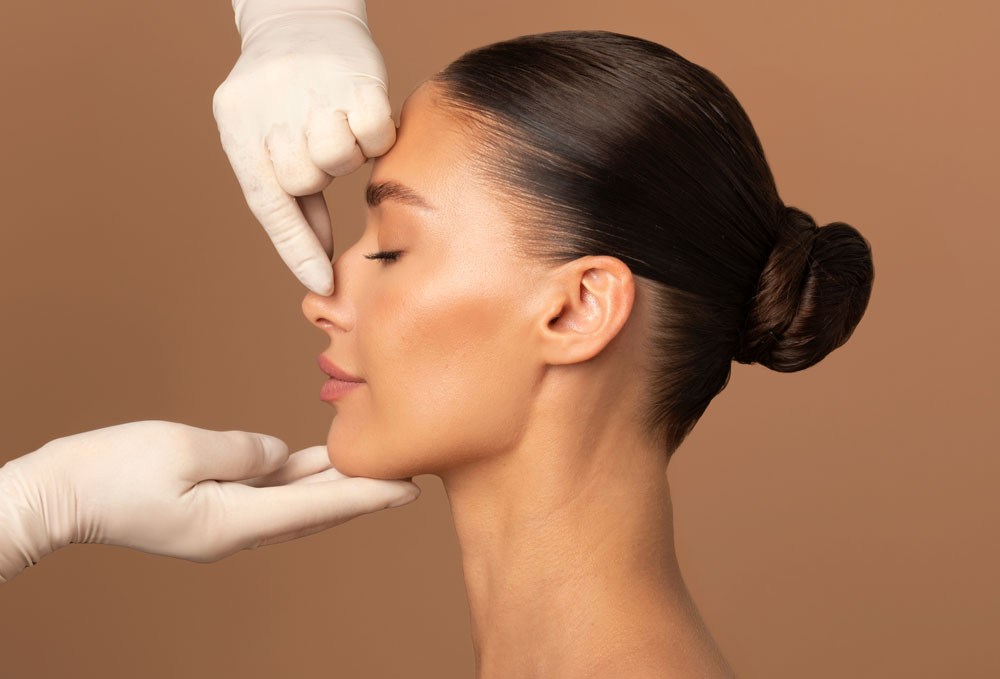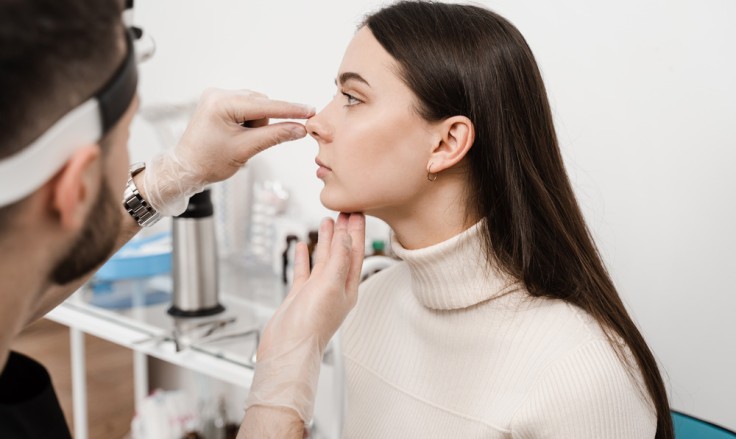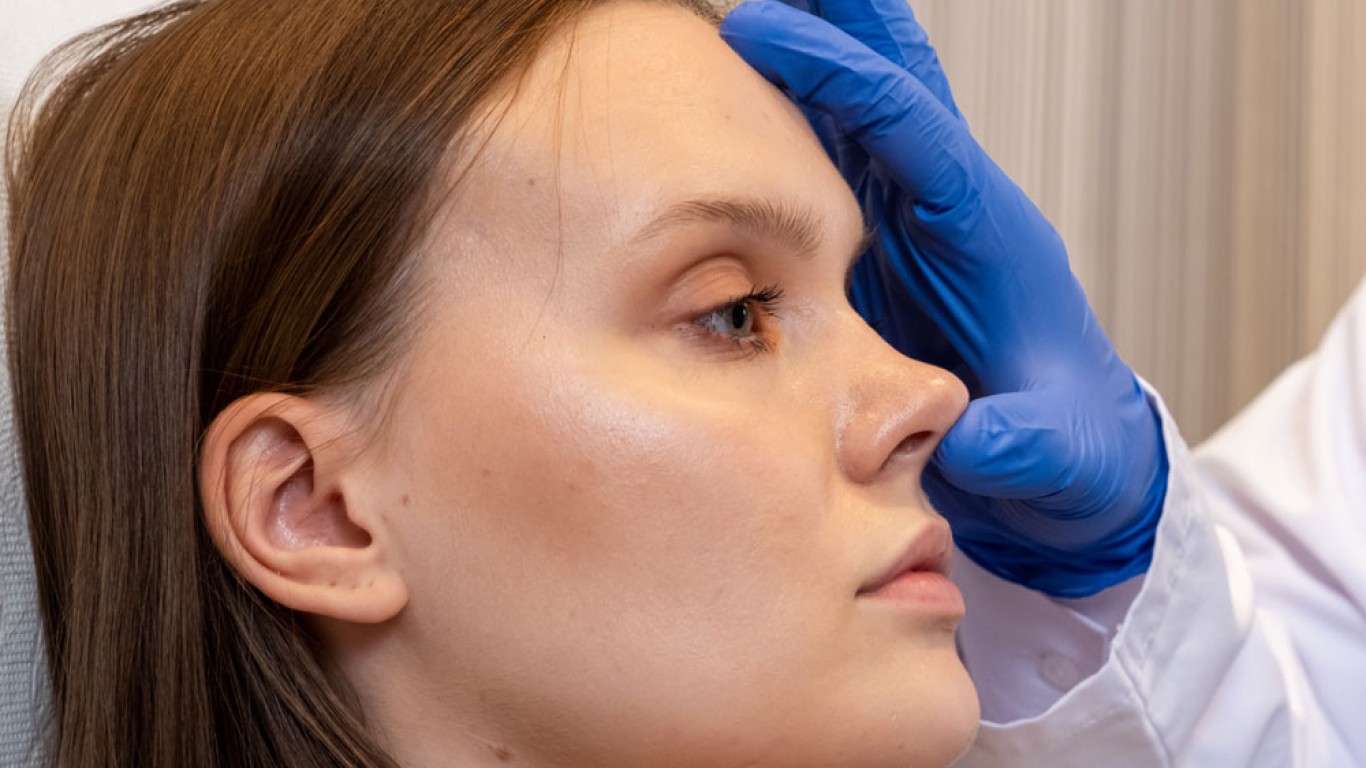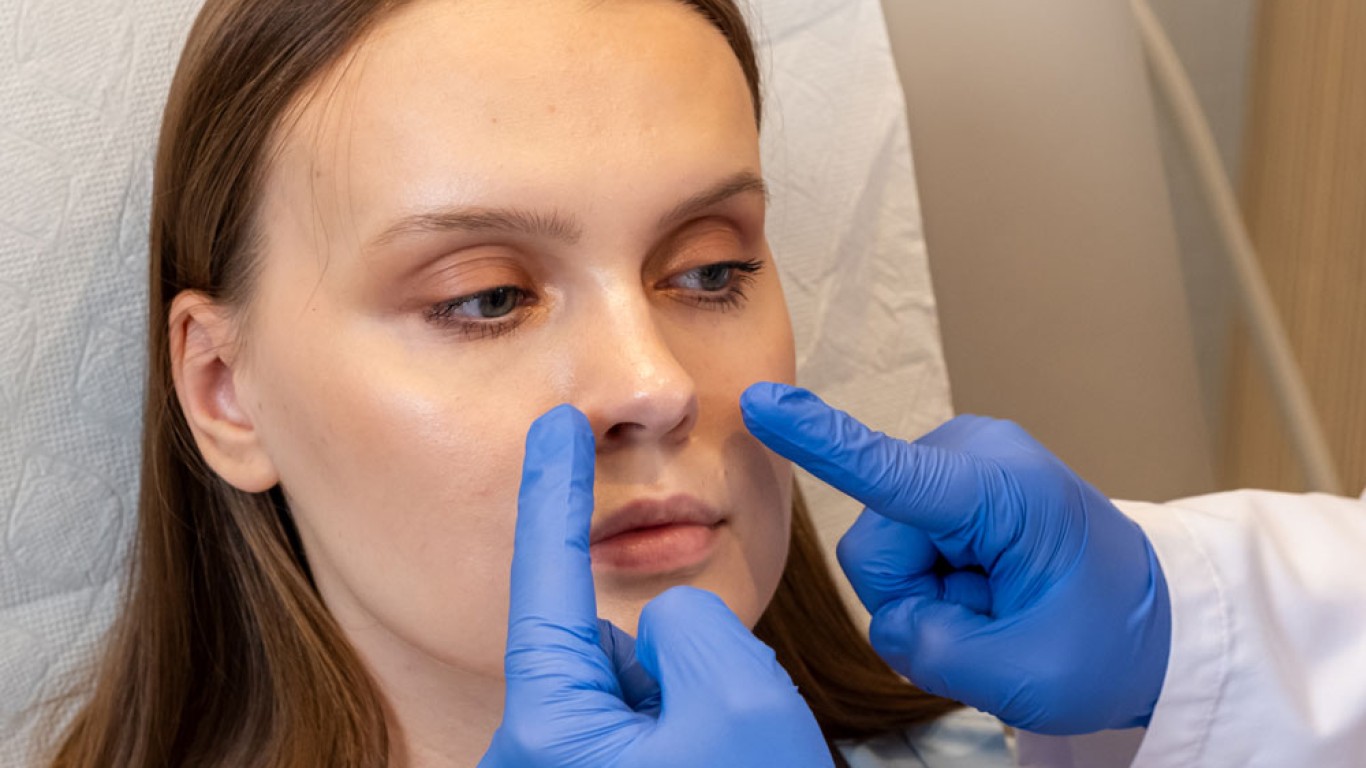Talking after rhinoplasty, also known as a nose job, is something many patients worry about. While it seems simple, speaking can influence recovery and comfort. After surgery, patients must be careful to protect their new nasal structure. This article explains when you can talk, how to do it safely and what to expect during healing. Knowing what to do can help you feel confident and prepared for your recovery journey.
Why Limit Talking After Rhinoplasty?
Right after rhinoplasty, your nose and surrounding tissues are delicate. Talking moves facial muscles, which can increase swelling and discomfort. Also, excessive talking might accidentally shift internal stitches or affect delicate healing tissues. While it’s not completely forbidden, doctors usually recommend limiting speaking. Especially in the first few days. Resting your voice helps support faster, smoother healing and prevents unnecessary complications.
When Can You Start Talking After Rhinoplasty?
Most patients can speak softly a few days after surgery. However, returning to normal conversation levels usually takes about one to two weeks. Initially, try to speak only when necessary. Avoid long conversations, laughing loudly or expressive talking, as these activities engage more muscles. As swelling decreases and comfort improves, you can gradually resume normal speaking patterns without concern. Always follow your surgeon's personalised advice.
Tips for Talking After Rhinoplasty
Speaking softly and slowly is key during the first recovery stage. Take frequent breaks to avoid strain. Drink plenty of fluids to keep your throat hydrated, which helps reduce irritation. Additionally, avoid yawning or opening your mouth too wide when talking. Using text messages or writing notes is helpful in the first few days. Wearing a nasal splint or packing might make speech feel awkward. So take your time and be patient with yourself.
How Swelling Affects Your Voice and Speech
Swelling inside and outside the nose can temporarily change your voice. You might sound nasal or feel congested. This is common and usually resolves as swelling reduces. Nasal packing or splints can also contribute to this sound change. If your voice remains altered after a few weeks, discuss it with your surgeon. However, most patients notice their normal voice returning gradually within a month.

Emotional Considerations About Talking After Rhinoplasty Surgery
Many people feel self-conscious about how they sound or look immediately after surgery. It’s normal to feel anxious about speaking in public or during work calls. Sharing your concerns with family or colleagues in advance can reduce pressure. Remind yourself that this phase is temporary and part of healing. Patience and self-care are essential. Emotional readiness to speak is just as important as physical readiness.
Practical Tips for Work and Social Situations
If you work in a role that involves frequent speaking, plan to take at least one to two weeks off. Inform colleagues that you may be quieter during meetings or may prefer written communication temporarily. Social events can also be postponed or kept small to avoid unnecessary talking. Additionally, arrange for help at home so you do not have to explain instructions. Or handle long conversations immediately after surgery.
What Not to Do While Talking After Rhinoplasty
Avoid shouting, singing or laughing loudly. These actions engage more facial and nasal muscles. Also, avoid excessive facial expressions that accompany animated talking. Don’t chew gum while talking, as it can strain facial muscles and affect nasal support. Finally, avoid bending forward or tilting your head back when talking. These positions can increase swelling and discomfort. Being mindful during these early weeks can help secure better results.
How to Support Faster Healing
Besides limiting speech, focus on overall self-care. Get plenty of rest, eat nutritious foods and stay hydrated. Use prescribed medications and follow all post-op instructions. Keeping your head elevated helps reduce swelling, which also makes speaking more comfortable. Gentle walks can promote circulation without excessive exertion. By supporting your body holistically, you create a better environment for healing. Allowing you to return to normal speaking sooner.
Long-Term Effects on Speech and Voice
Some patients wonder if rhinoplasty will permanently affect their voice. While initial changes are common, long-term alterations are rare. Any nasal sound usually fades as swelling subsides. Permanent voice changes are uncommon unless significant structural changes to internal nasal passages were made. If you rely on your voice professionally, discuss concerns with your surgeon beforehand. They can provide advice tailored to your specific needs and help set realistic expectations.
When to Contact Your Surgeon
If you experience severe pain when talking or notice unusual changes in your voice that persist, consult your surgeon. Sudden swelling, severe bleeding or breathing difficulties require immediate attention. Regular follow-up visits allow your surgeon to monitor healing progress and address any concerns early. Open communication ensures you stay on track for a smooth recovery and optimal results.
Conclusion
Talking after rhinoplasty is a manageable part of recovery with the right approach. While it’s important to rest your voice and minimise strain initially, most patients return to normal speaking within a few weeks. Staying informed and prepared helps ease anxiety and supports a smoother healing process.
For more information on rhinoplasty procedures and to book a consultation visit the ACIBADEM Beauty Center Rhinoplasty webpage.
Frequently Asked Questions
Whispering is often more stressful on vocal cords than soft speaking, so avoid it.
Wait at least a week before laughing loudly to protect nasal structures.
No, most nasal changes are temporary and improve as swelling subsides.
Yes, reducing social interactions helps limit speaking and supports healing.
Usually within one to two months as swelling reduces and tissues settle.














